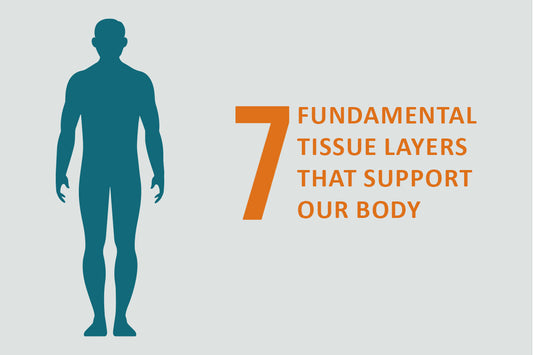In today’s digital world, the question "is blue light bad for sleep what to know" has become increasingly relevant. With the rise in screen time from electronic devices, many people are concerned about how blue light affects sleep. This type of light, emitted from our smartphones, computers, and televisions, can have a significant impact on our ability to fall asleep and stay asleep. But what exactly is blue light, and why does it interfere with sleep?
In this blog, we’ll explore everything you need to know about blue light, its role in disrupting sleep, and what you can do to manage its effects on your nightly rest.
Understanding Blue Light and the Visible Light Spectrum
To know the effects of blue light on sleep, it’s essential to understand the visible light spectrum. Light is composed of various colors, each with a different wavelength. Blue light has a short wavelength, which means it carries more energy compared to other colors like red or yellow. It’s naturally present in sunlight, which helps regulate our circadian rhythm—the internal clock that regulates our sleep-wake cycle.
However, not all blue light exposure is beneficial. The blue light emitted by electronic devices, such as smartphones, computers, and televisions, can trick our brains into thinking it’s still daytime, making it harder to wind down and fall asleep at night.
How Blue Light Affects Sleep
The circadian rhythm, a natural, internal process that repeats roughly every 24 hours, regulates the sleep-wake cycle and other vital functions. Bright light, particularly blue light, plays a significant role in this rhythm. During the day, exposure to blue light helps us stay alert and maintain a healthy sleep-wake cycle. But when exposed to blue light at night, it can have the opposite effect.
The reason behind this lies in melatonin, a hormone that signals to your body that it’s time to sleep. Blue light is melatonin suppressing, which means that exposure to blue light at night can decrease melatonin production. This suppression of melatonin can make it difficult to fall asleep, leading to disrupted sleep patterns and even long-term sleep issues.
Sources of Blue Light and Screen Time
The main sources of blue light include both natural sunlight and artificial sources. Electronic devices are some of the most significant contributors to blue light exposure in the evening. The light emitted from screens is rich in blue wavelengths, which can interfere with your sleep if you’re not careful.
Excessive screen time, especially before bed, can lead to an overstimulated brain, making it challenging to transition into sleep mode. With more people using electronic devices in the evening, the effects of blue light on sleep are becoming increasingly noticeable.
Blue Light Blocking Glasses and Other Solutions
One popular method to counteract the effects of blue light is the use of blue light blocking glasses. These glasses are designed to block or filter out blue light, reducing its impact on your eyes and helping to maintain your circadian rhythm. By wearing these glasses in the evening, you can help ease the transition from wakefulness to sleep, promoting better rest.
In addition to using blue light blocking glasses, adjusting the settings on your devices can also help. Many smartphones and computers now offer “night mode” or “blue light filter” settings that reduce the amount of blue light emitted. These features typically shift the screen colors towards the warmer end of the spectrum, which is less disruptive to sleep.
Healthy Habits for Eye Health
Taking care of your eyes is essential in a world dominated by screens. Follow the 20-20-20 rule: every 20 minutes, look at something 20 feet away for 20 seconds. This simple practice helps reduce eye strain and keeps your eyes feeling refreshed.
Evening Routine for Better Sleep
Creating a calming bedtime routine can enhance both eye health and sleep quality. Consider activities like reading under dim light, practicing mindfulness, or deep breathing exercises. Most importantly, avoid screens at least an hour before bed to support your natural sleep cycle.
Nutrient-Rich Diet for Eye Health
Incorporating foods rich in nutrients like leafy greens, carrots, and omega-3 fatty acids can support eye health. A balanced diet plays a crucial role in maintaining healthy vision and overall well-being.
Optimize Your Sleep Environment
Ensure your bedroom is dark, cool, and comfortable. Stick to a consistent sleep schedule to improve your ability to fall asleep and stay asleep, leading to more restful nights.
Conclusion
Blue light is an integral part of our lives, from the natural sunlight we receive during the day to the artificial light emitted by our devices at night. While it plays a crucial role in maintaining our circadian rhythm and helping us stay alert, its effects at night can interfere with our ability to fall asleep and maintain good sleep hygiene.
To help maintain a healthy sleep-wake cycle, consider incorporating blue light blocking glasses into your evening routine, reducing screen time before bed, and the healthy habits as mentioned. By being mindful of your blue light intake, you can help ease your transition into restful sleep and wake up feeling more refreshed.






